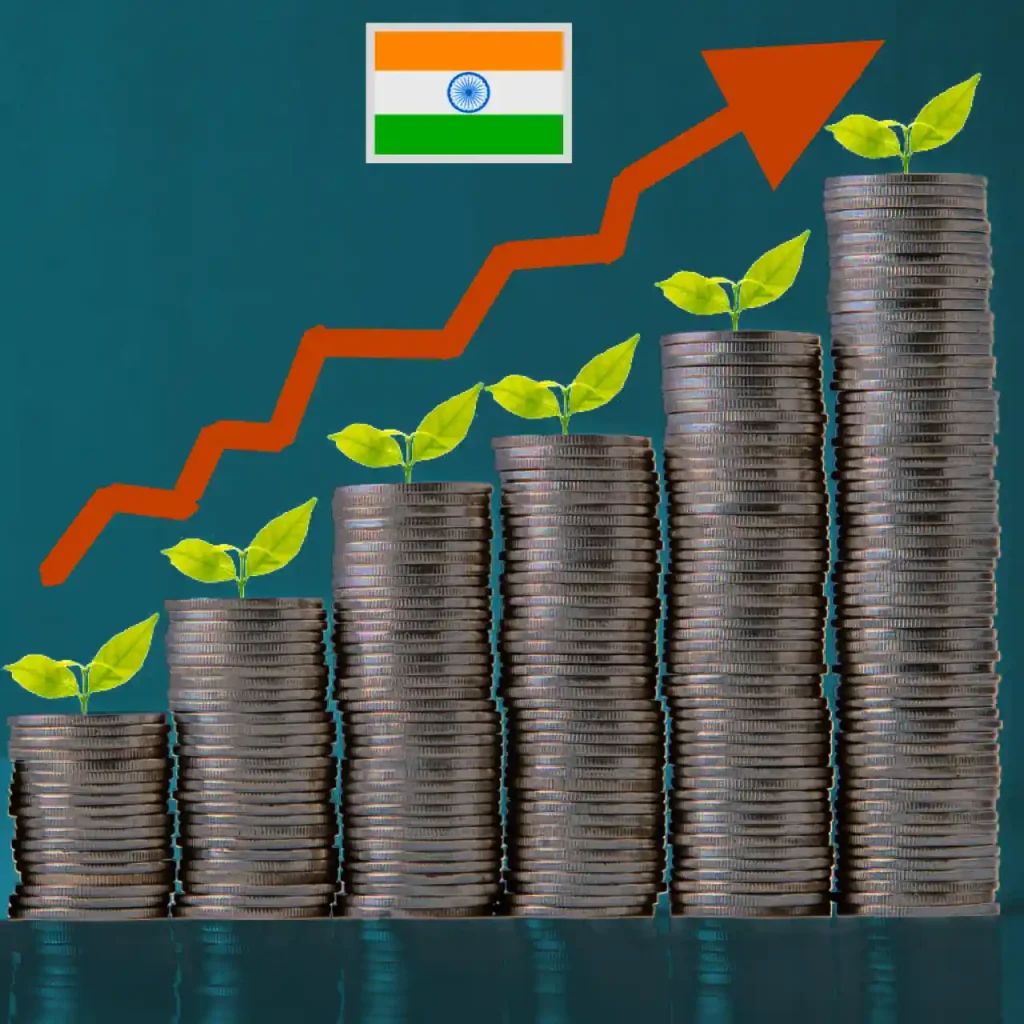CII president Sanjiv Puri forecasts 8% economic growth for India in FY25, citing policy reforms and improved consumption, while advocating GST inclusion and land reform.
CII Predicts Robust 8% Economic Growth for FY25
Sanjiv Puri, the president of the Confederation of Indian Industry (CII), announced on Thursday that India’s economy is poised to grow at an impressive 8% in the fiscal year 2025. This optimistic projection is attributed to several factors, including anticipated second-generation reforms under Prime Minister Narendra Modi’s leadership, favorable monsoon conditions, and a stronger external economic environment.
Puri noted that numerous policy interventions in recent years have significantly bolstered the economy’s resilience. The CII’s forecast surpasses the Reserve Bank of India’s (RBI) more conservative estimate of 7.2% growth. Last fiscal year, the economy expanded by 8.2%.
Rising Rural Consumption and GST Reforms
At a press conference, Puri highlighted the emergence of “green shoots” in rural consumption, which had been sluggish in FY24. As the new government takes charge, the CII has outlined several expectations, including the extension of the Goods and Services Tax (GST) to cover electricity, petroleum products, and real estate. The CII also advocates for the rationalization of the capital gains tax structure. These discussions are timely, with the GST Council scheduled to meet on June 22.
Strengthening Private Sector Investment
Puri addressed concerns about private sector capital expenditure, which has shown promising signs of growth. He indicated that private sector investment is on an upward trend, driven by robust consumption prospects and high levels of capacity utilization. Currently, private sector investment stands at 23.8% of GDP, surpassing pre-COVID levels and indicating a positive trajectory for future growth.
Advocating Land Reforms and Employment Generation
Discussing land reforms, Puri called for several measures to reduce acquisition costs and streamline processes. These include lowering stamp duty, creating state-level land authorities, and digitizing land-related procedures. He also emphasized the need for employment-linked incentive schemes to stimulate job creation in labor-intensive sectors with high growth potential, such as toys, textiles, and apparel.
In the context of economic activities, Puri suggested that moderating stamp duties would facilitate lower costs for land acquisition, thereby spurring further economic development.
Now You Can Follow Our Channel On WhatsApp!

